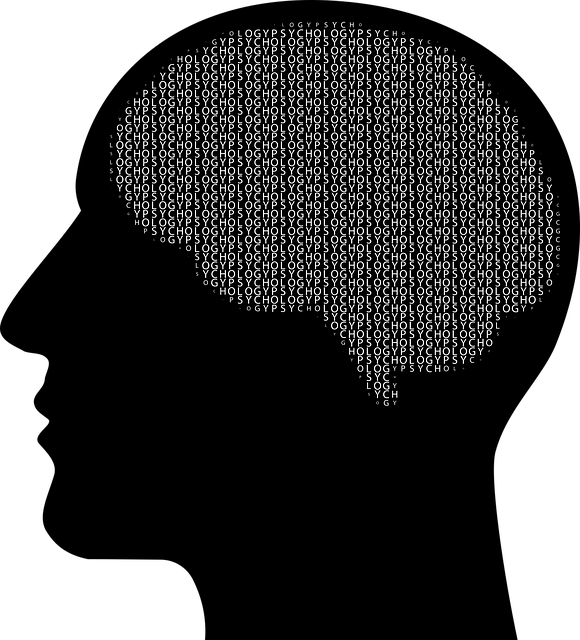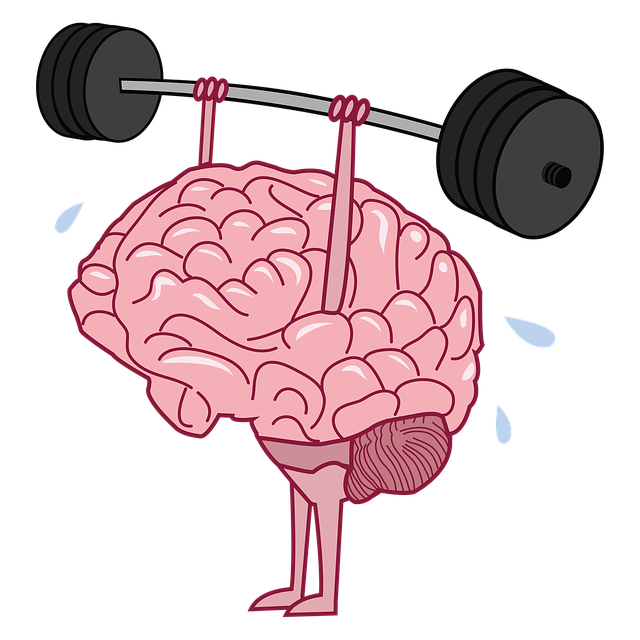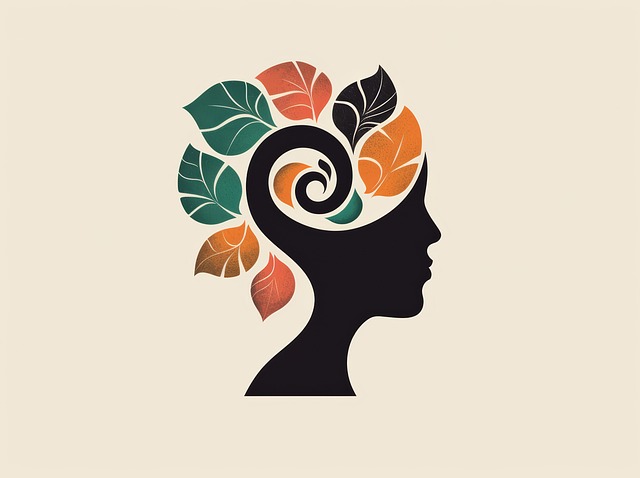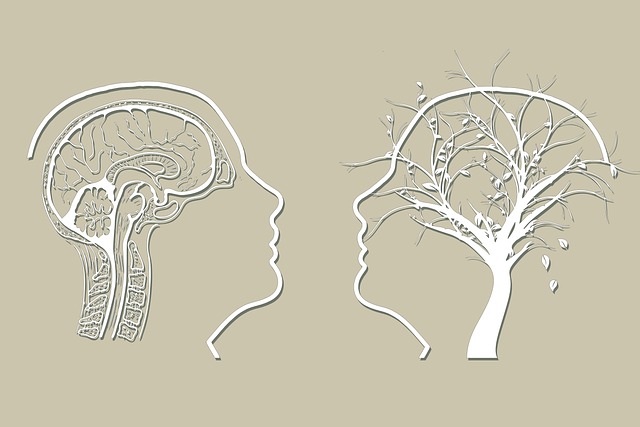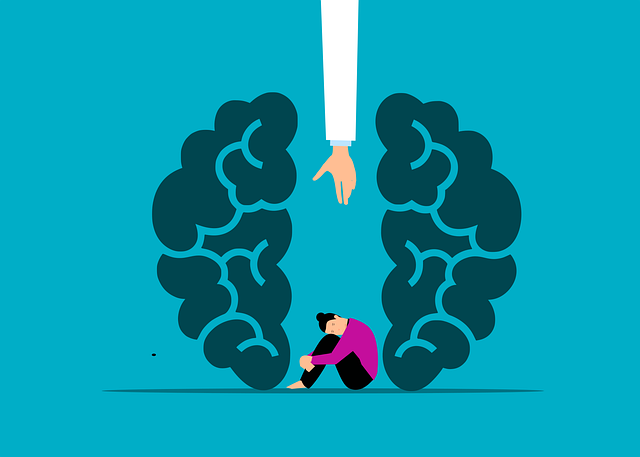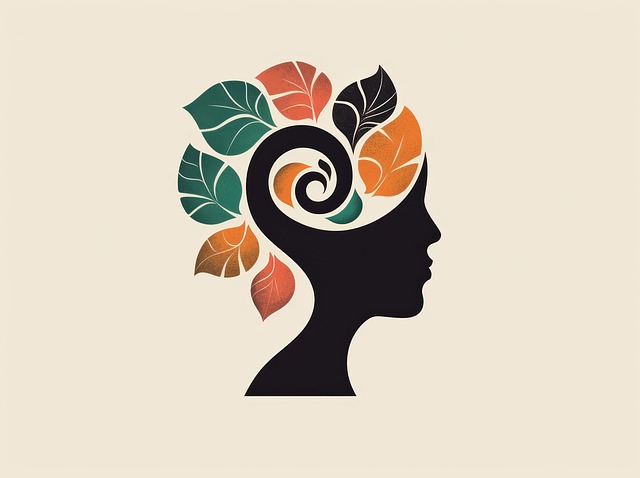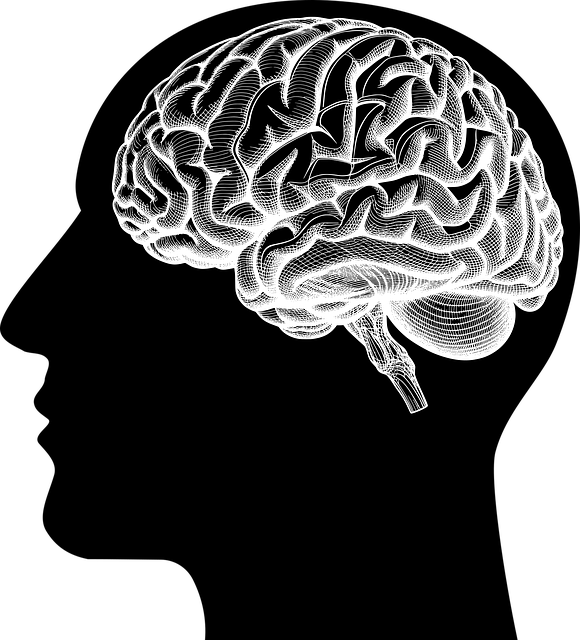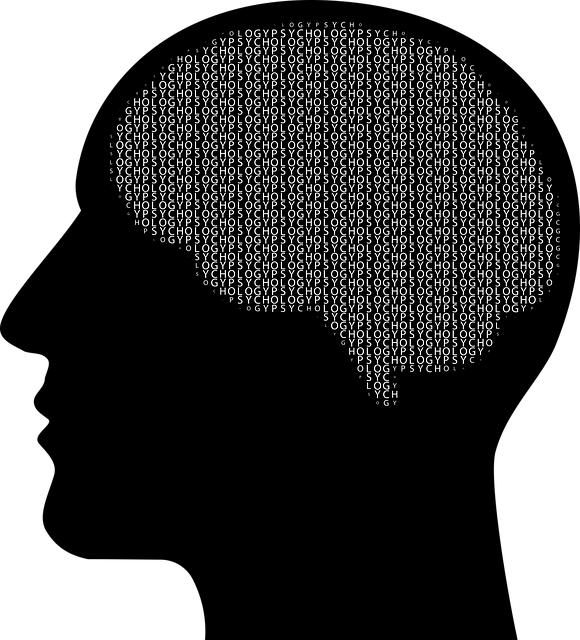For bilingual adults, understanding mental wellness needs is vital, especially in navigating cultural identities and language switching. Specialized therapy tailored to their unique challenges supports emotional regulation and anxiety relief. Building a self-care routine involves identifying triggers, calming activities, affirmations, and setting achievable goals, with resources like podcasts promoting mental health awareness. Integrating this with bilingual therapy fosters self-awareness, improves self-esteem, and develops coping skills for long-term holistic well-being, preventing burnout.
“Unwind, recharge, and embrace a balanced mental wellness journey. In today’s fast-paced world, prioritizing self-care is paramount for adults seeking harmony. This article guides you through developing a personalized routine with a unique bilingual lens.
We’ll explore ‘Understanding Your Mental Wellness Needs’ to tailor practices suited to your language preferences. Next, discover the ‘Building Blocks of a Self-Care Routine’ for sustainable well-being. Furthermore, learn how integrating therapy and daily practices can significantly enhance adult mental health from a bilingual perspective.”
- Understanding Your Mental Wellness Needs: A Bilingual Perspective
- Building Blocks of a Self-Care Routine
- Integrating Therapy and Daily Practices for Adult Wellbeing
Understanding Your Mental Wellness Needs: A Bilingual Perspective

Understanding your mental wellness needs is a crucial step in developing an effective self-care routine, especially for individuals who speak multiple languages. In today’s diverse society, many adults struggle with mental health challenges while navigating their cultural identities. Bilingualism can be both a strength and a source of stress, as language switching between home and public spaces may contribute to feelings of disconnection and increased anxiety. Recognizing these unique challenges is essential in promoting public awareness campaigns that cater to the specific needs of bilingual individuals.
Therapy for adults who speak multiple languages offers specialized support for emotional regulation and anxiety relief, addressing cultural nuances and linguistic barriers. By providing a safe space where clients can express themselves freely in their native tongue, therapists foster better self-awareness and coping strategies tailored to their experiences. This personalized approach ensures that self-care practices are not just adapted but genuinely resonate with the individual’s mental wellness needs, creating a more inclusive and effective support system.
Building Blocks of a Self-Care Routine

Building a self-care routine is akin to crafting a personalized therapy session for yourself. Just as bilingual therapy for adults tailors its approach based on individual needs, your self-care must be unique and responsive to your inner world. Start by identifying your emotional triggers and the activities that bring you a sense of calm. This might include practices such as mindfulness meditation, journaling, or even simply taking a walk in nature. Consistency is key; set aside dedicated time each day for these activities, just as you would for any important appointment.
Consider incorporating confidence-boosting exercises like affirmations or setting small achievable goals to create a positive feedback loop. The Mental Wellness Podcast Series Production can offer valuable insights and inspiration, while also contributing to mental illness stigma reduction efforts by sharing diverse experiences and strategies. Remember, building blocks of self-care should be sustainable, flexible, and tailored to your evolving emotional landscape.
Integrating Therapy and Daily Practices for Adult Wellbeing

For adults seeking holistic mental wellness, integrating therapy with daily self-care practices is essential. Bilingual therapy offers a safe and supportive space for individuals to explore their thoughts and emotions, fostering self-awareness and understanding. Through regular sessions, clients can work on improving self-esteem, developing coping skills, and learning stress management techniques tailored to their unique needs.
This dual approach—combining professional support with personal routines—is particularly beneficial in preventing burnout, a prevalent issue among healthcare providers. By adopting healthy habits such as mindfulness exercises, journaling, or engaging in creative outlets, individuals can enhance their overall wellbeing and build resilience. These practices empower adults to navigate life’s challenges more effectively, ensuring they have the tools necessary for long-term mental wellness management.
Developing a mental wellness self-care routine is a powerful tool for adults seeking holistic well-being. By understanding individual needs through a bilingual perspective, and integrating therapy with daily practices, one can cultivate resilience and enhance overall mental health. For those requiring specialized support, accessing therapy tailored to adults, especially in a bilingual context, offers a crucial step towards navigation and healing. This comprehensive approach ensures that self-care routines are not just superficial but deeply nourishing, enabling individuals to thrive in both personal and professional spheres.
